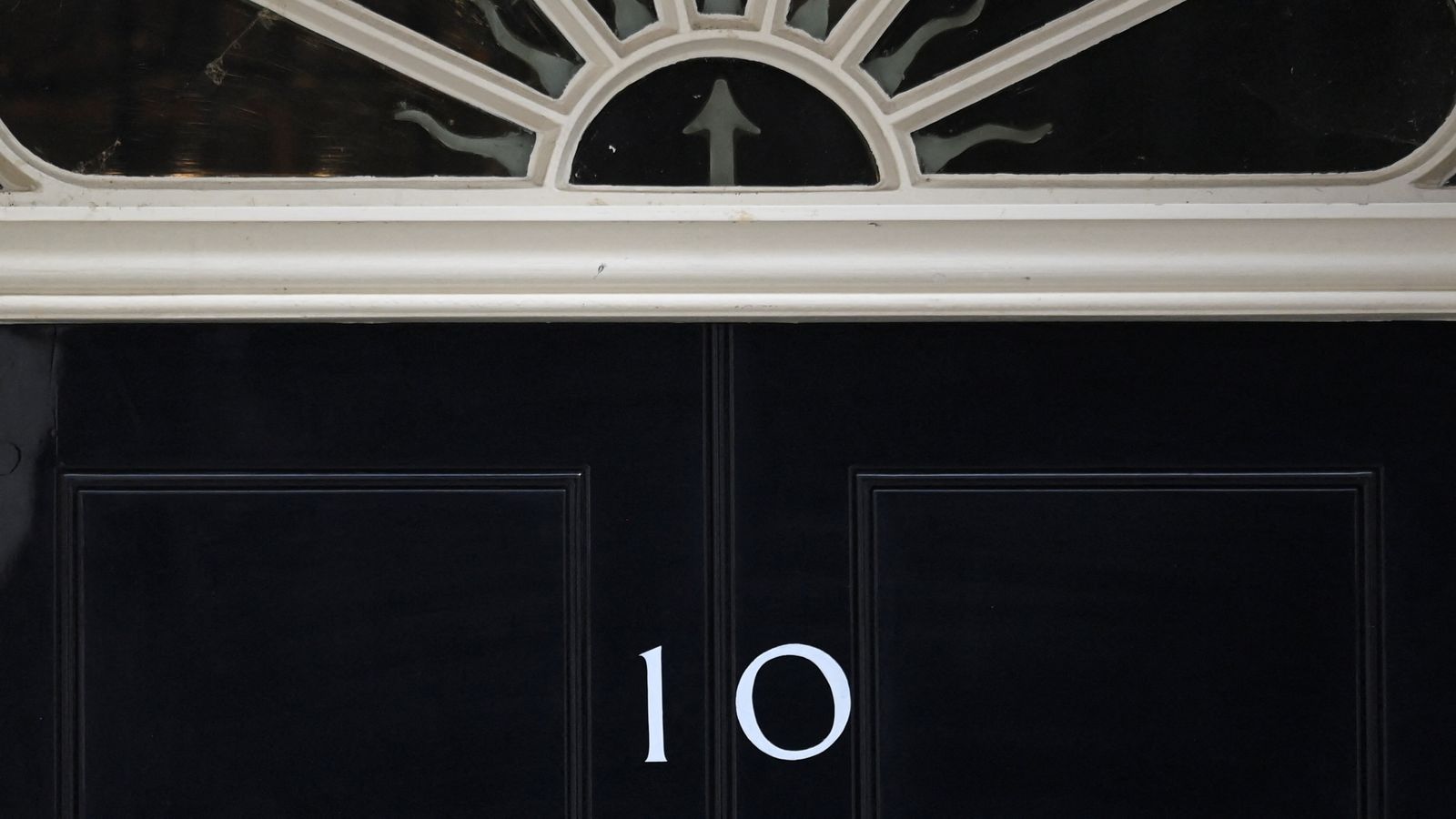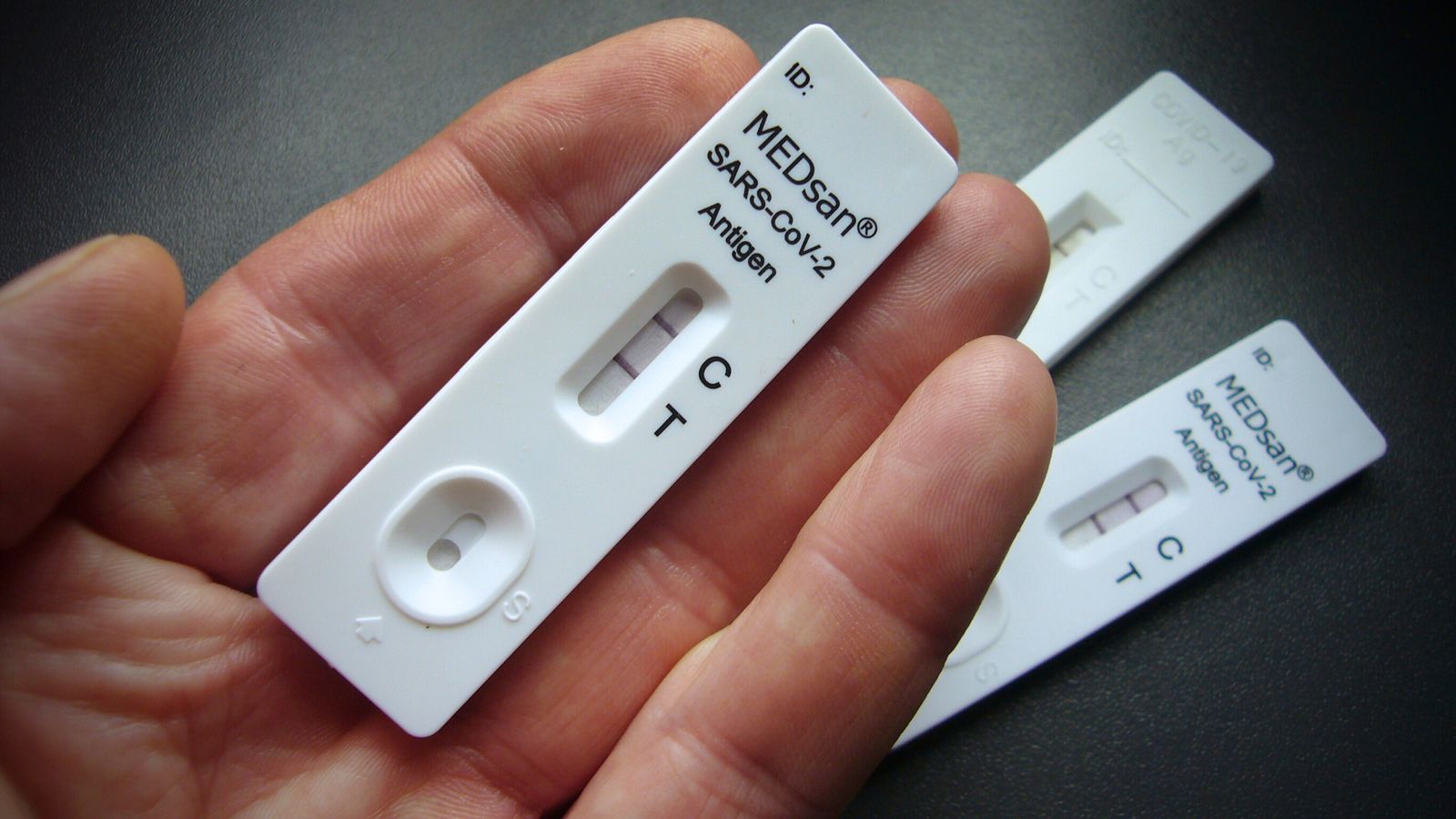Labour leader Sir Keir Starmer, Scotland’s First Minister Nicola Sturgeon and many voters are calling for a general election after the resignation of Liz Truss.
Shortly after Ms Truss gave her statement outside No 10 yesterday, it was announced that her replacement would be decided by next Friday.
Conventionally, they are under no obligation to call a general election.
Johnson ‘likely’ to enter race – politics latest
Nine prime ministers have been appointed midway through a parliament without an election since the Second World War.
But there are several scenarios in which political pressure may prove too great – and an early general election could be triggered.
New PM calls one
Next UK prime minister – latest: Boris Johnson backed by third cabinet minister – amid push to stop Liz Truss issuing resignation honours list or receiving £115,000 lifetime allowance
Boris Johnson ‘could secure enough Tory backers’ to enter leadership race
Remains found in house confirmed to be missing teenager Leah Croucher
Any prime minister has the right to request an early dissolution of parliament and general election from the monarch.
Usually this happens when the ruling party is doing well in the polls, as it gives them a chance to increase their majority of MPs in the Commons – and therefore strengthen their mandate.
A mandate is the grounds on which a political leader has authority to bring forward legislation.
Political parties set out manifestos in the course of an election campaign. If they win a majority of seats in the Commons on the basis of those manifesto pledges, the leader is seen to have a mandate to deliver those commitments.
Both Theresa May and Boris Johnson called early elections in an effort to strengthen their mandates.
In 2017, Mrs May wanted a bigger majority than the one she inherited from David Cameron to deliver a Brexit deal, but it went catastrophically wrong.
She lost her majority and was forced into a confidence and supply agreement with the DUP, resulting in years of parliamentary logjams as she tried to negotiate the UK’s exit from the EU.
After Mr Johnson succeeded her in 2019, he won an 80-seat majority in an early election – enough to end the parliamentary impasse over Brexit.
But after Liz Truss and Kwasi Kwarteng’s mini-budget unleashed economic chaos, the Conservatives have slumped dramatically in the polls – to 23% compared to Labour’s 51%.
Please use Chrome browser for a more accessible video player
Although this makes a call for an early election unlikely, the new leader could come under pressure to secure a mandate.
This could be from members of their own party unhappy with the choice of leader – or by sensing the mood of the public – who could be angered at the idea of having two unelected leaders in quick succession.
If the new prime minister restores market confidence and political calm, polling could improve and they may decide to seize on the chance to secure a mandate of their own.
Professor Robert Hazell, of University College London’s Constitution Unit, told Sky News: “I would be very surprised if the next prime minister, whoever that is, wanted to seek an early election, given where the Tories are currently in the polls, trailing miles behind Labour.”
The Tories are “facing electoral wipeout at the next election”, he said – whenever it is held.
Tories lose vote of no confidence
Constitutionally, the prime minister must be able to command the confidence of the Commons.
In simple terms, for the King to ask someone to form a government as prime minister, they should have a majority that will allow them to win votes.
If faith in the government dwindles and members of its own party start to vote against government motions, the ability of the prime minister to command the confidence of the Commons is drawn into question.
In those circumstances, the opposition party can table a “vote of no confidence” in the government.
Labour could do this if there are enough Tory MPs unsatisfied with their new leader – or enough of them believe they should seek a new mandate from the people.
Professor Hazell said: “If Sir Keir Starmer tables a vote of no confidence, I would expect Tory MPs to rally round and for that no confidence vote to be quite convincingly defeated.”
The government can also trigger a confidence vote in itself – if it thinks there is enough support – to put the matter to rest.
If the government loses a confidence vote, the prime minister is expected to resign and ask the King for an election.
This is usually done on a 25-day timetable – excluding weekends and bank holidays.
Please use Chrome browser for a more accessible video player
2025
If the new Conservative leader decides against an election, by law they will still have to have one in 2025.
Under the Dissolution and Calling of Parliament Act, any given parliament can only last for a maximum of five years.
Read more:
Johnson is ‘interested’ in leadership race
44 days of Liz Truss in Downing Street
After Mr Johnson was elected prime minister, parliament first met on 17 December 2019 – which means parliament must be dissolved again by 17 December 2024 at the latest.
With the 25-day timetable, the election would then be held in January 2025.










